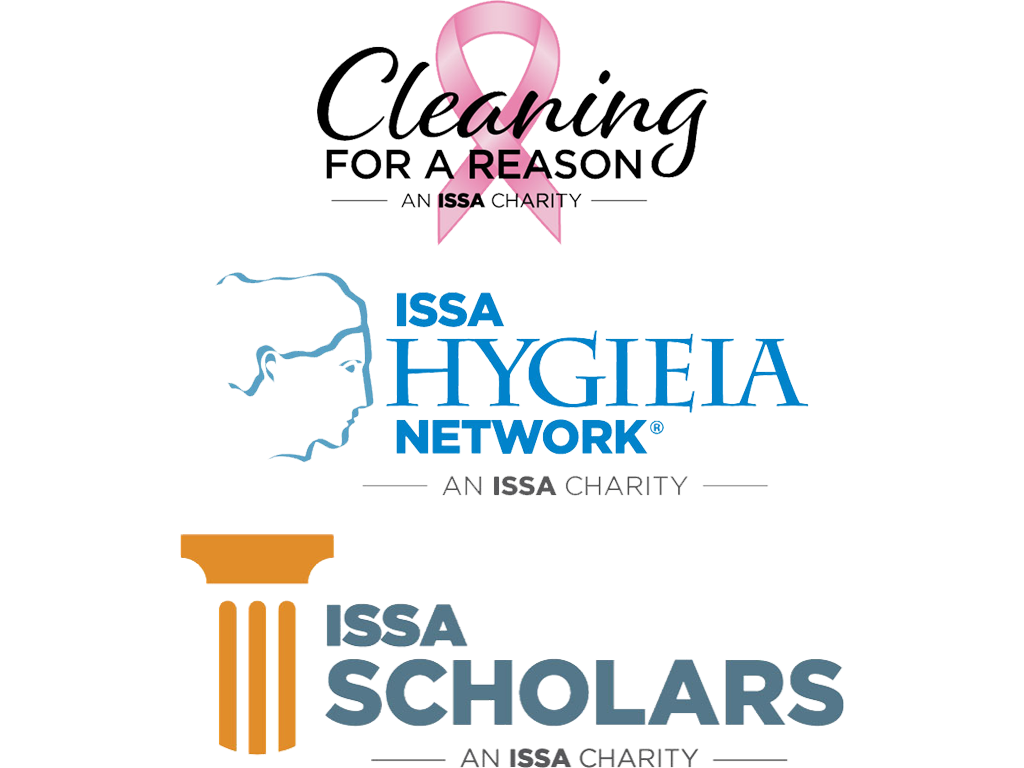Articles
The Language of Sustainability
Categories: Distribution, Green Cleaning
By Stephen P. Ashkin | March 21, 2018 << Back to ArticlesAccessible by: anyone
The professional cleaning industry is about to enter an entirely new world, the world of sustainability. Yes, I know some in our industry have already started on this journey, but many more are just about to get on board.
To help make this venture far more comfortable and rewarding, the following is the first of a three-part series on the language of sustainability. The series will include many of the terms industry professionals will likely encounter today and in the future and give us all a better understanding as to what they mean.
So, let’s begin:
- Green: Green products and services help reduce the negative impacts of cleaning on human health and the environment while also meeting the performance, cost, legal, and regulatory requirements of traditional products used for the same purpose.
- Sustainability: While the word “sustainability” is most often used as a noun, in many ways it is a verb. This is because it concerns and describes actions as to how an organization operates on a day-to-day basis.
Beyond green, sustainability includes the added consideration of how a company treats its employees and the communities in which it operates. Some of the expectations include the tracking and reporting of environmental impacts for offices, warehouses, and delivery vehicles. Because the impacts of janitorial services are primarily labor related, sustainability also encompasses training, fair wages, and fair hiring practices, including the hiring of people with disabilities. - Triple bottom line: Traditional accounting focuses almost exclusively on financial performance, whereas the triple bottom line considers environmental and social performance as well. Many recognize the need to address all three issues—often referred to as the three pillars —as a better measure of an organization’s performance, especially over the long term.
- Efficiency: This is one of the most important terms we need to know. Efficiency relates to reducing consumption and waste while still meeting the requirements of an organization. This is vital because if an organization doubles in size, it is not unreasonable to expect it to use more resources. The key is how efficiently those additional resources are used. Efficiency is one of the first steps on the journey toward sustainability, as it reduces environmental impacts and typically saves money too.
- Consumption: Far too often organizations focus only on financial impacts (spend), but because costs can go up and down (e.g., the price of gasoline), sustainability experts consider consumption as the true indicator of how an organization is performing.
- Transparency and disclosure: One of the premises of sustainability is the need for organizations to publicly share their performance on environmental, financial, governance, labor, and other issues. This is often considered essential for holding organizations accountable for their actions.
- Avoided cost: To define this term, let put together the following scenario:
A jansan distributor improves the efficiency of its delivery vehicles by increasing their average miles per gallon by 10 percent. At the same time, the cost of fuel increases by 10 percent. The net result would indicate no improvement from a financial perspective. However, this distributor avoided costs by implementing efficiency measures.
In part two of our series, we are going to tackle some terms relating to sustainability that might be a bit sensitive. That is not my intension whatsoever. We will be addressing those terms and what they mean based entirely on how they are used today by scientists and climatologist.
About the Author.
Stephen P. Ashkin is president of The Ashkin Group, a consulting firm working to “green” the cleaning industry, executive director of the Green Cleaning Network, a nonprofit organization working to accelerate the adoption of green cleaning by building owners and managers, and cofounder of Green Cleaning University. He can be reached at 812-332-7950.


